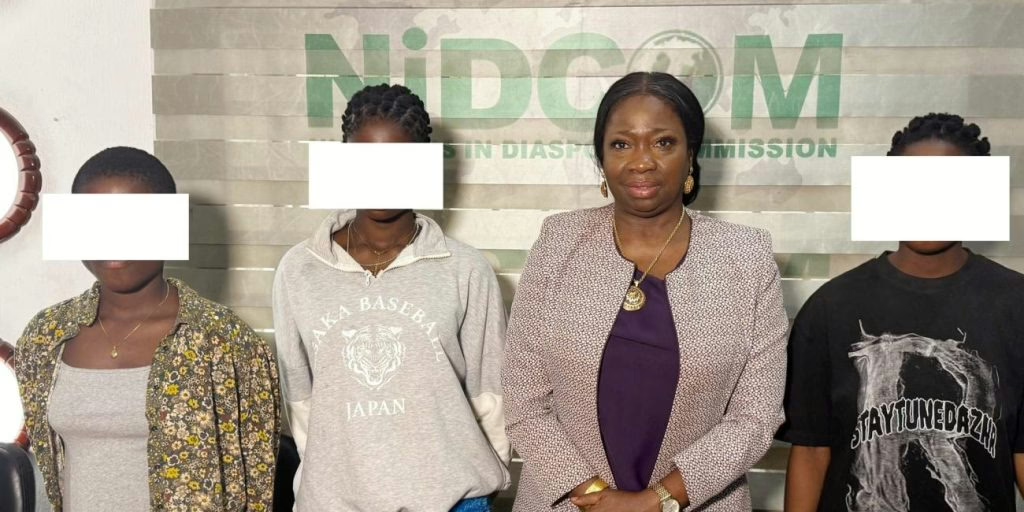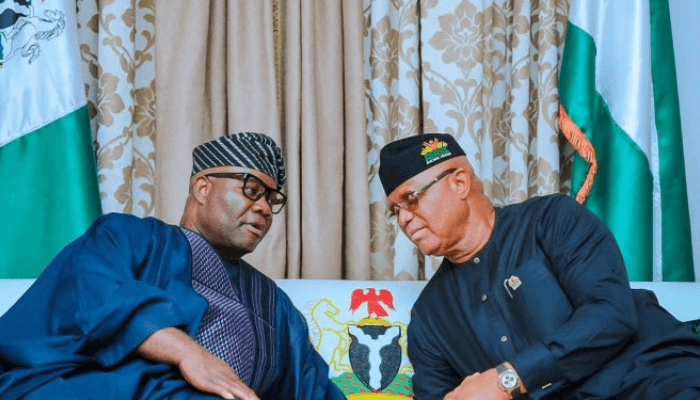Professor Ademola Abbas, an expert in international law, has called on the Federal Government to reassess the Bilateral Investment Treaty (BIT) signed with China in 2001.
Abbas’s comments come in the wake of a recent French court ruling that allowed Zhongshan Fucheng Industrial Investment Co. Limited to seize three Nigerian presidential jets as part of a long-standing arbitration dispute.
In an appearance on Channels Television’s “inside Sources with Laolu Akande”,Abbas criticized Article 9 of the BIT, describing it as a “misnomer” and a “grievous error.”
He argued that the article improperly grants rights to third parties not directly involved in the treaty between Nigeria and China.
Abbas explained, “Article 9 confers rights on third parties, even though the treaty was meant to be between two countries.”
He emphasized that the treaty should have confined disputes to arbitration between Nigeria and China, rather than allowing foreign entities to take action directly against Nigeria.
“If Article 9 had not been there, the Chinese company would have had to pursue its claims through China, which would then handle the dispute with Nigeria through the International Court of Justice or other diplomatic means,” Abbas said.
The professor also warned against complacency in the pursuit of Foreign Direct Investments (FDIs), noting that sometimes countries lower their standards to attract investors, which can lead to adverse outcomes.
“When countries are looking for investments, they sometimes let down their guards and become less stringent than they should be,” he stated.
Abbas advised that the government should re-evaluate its approach to treaties and arbitration clauses to prevent similar issues in the future.
“The way forward is for the country to revisit such treaties and understand the implications of their arbitration clauses. There should also be better coordination between federal and state authorities,” he concluded.











Leave a Reply